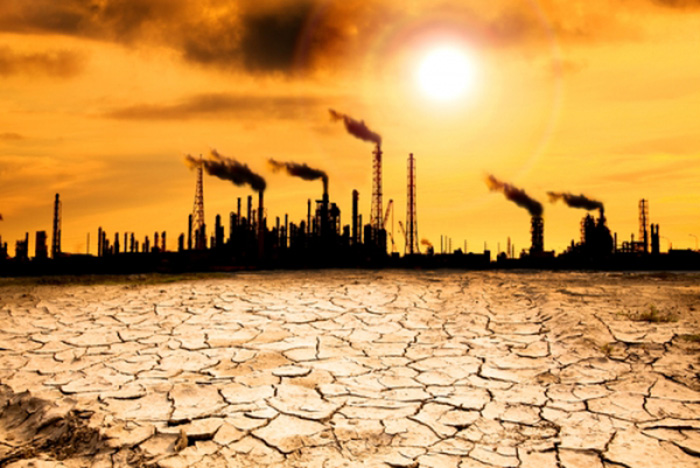"We do believe that we have a good momentum going for a successful outcome in Paris later this year. However, our efforts will not succeed if these are laced with persistent attempts to dislodge the balance of responsibilities between developed and developing countries enshrined in the Convention principles of equity and common but differentiated responsibilities," he said.
He said India`s submission of its Intended Nationally Determined Contribution (INDC) is a reflection of its utmost sincerity in contributing with its full might to the global fight against climate change.
He however voiced disappointment that in the ongoing climate talks in Bonn, the "voices and interests of a vast majority of developing countries are being stifled if not ignored.
"This does not augur well. The path to climate ambition must be paved with equity," he said.
Expressing deep concern over the lack of climate ambition on display by developed countries on both fronts of mitigation and support, he said the contributions being offered by the developed countries on both these counts are woefully inadequate and has once again been brought out by an independent assessment carried out by a group of civil society groups.
He cited the `Civil Society Equity Review of INDCs` which has shown that while the contributions of developing countries are more or less commensurate or even higher than their fair share, the contributions of developed countries remain far below their fair shares and also below what is demanded by science.
"By doing so, the developed countries are inevitably shifting the burden of their climate action onto the shoulders of developing countries. The world cannot afford this inaction," Mr Muddahanumegowda said.
Mr Muddahanumegowda stressed that if the world has to achieve a meaningful and lasting agreement at Paris, the developed countries "must step up to the plate and fulfill their responsibilities in good faith", adding that they will find developing countries like India walking in step with them to ensure a sustainable future for the planet.
On the issue of sustainability, he said sustainable development is as much about how to develop as much about how not to develop.
"In spite of the immense progress in technology and despite their command of considerable financial resources, truly decoupling between economic growth and carbon emissions has proved difficult even in the most advanced economies.
"This shows the enormity of the challenge faced by developing countries, where resources are meager, demands for even most modest human development more pressing, and availability and deployment of cutting edge technology still low," he said.
He added that for developing countries, ending poverty and hunger through rapid economic growth are the primary and overriding objectives.
"These are also indispensable for them to make their development sustainable. The burden of sustainability therefore cannot be placed on the poor," he said.
More about:
















































